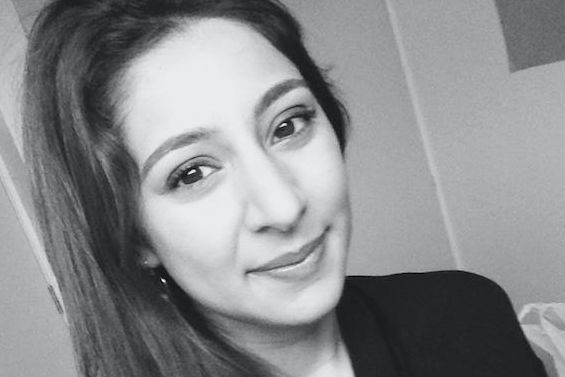I was a medical student and I was in a clinic with one of my favourite doctors. He had a two-eared stethoscope (the only one I have ever seen to this day), would often hand me the drug chart during bed side teaching and ask me for a differential diagnosis and he called me Faiza for a year because I once sat in Faiza’s chair. He was so nice I didn’t mind that after six months he’s still called me Faiza.
One day in clinic we were trying to contact a GP surgery to get more information for the patient who was in front of us, a confused breathless man. We called several times but the line was engaged and then no one would pick up. No luck that afternoon.
Something as simple as the language we use can shift attitudes a little
‘No response from GP land’.
This was the first time I had heard the term and since then it’s not been an uncommon term for me to hear around the hospital.
When I first heard it, it reminded me of something akin to the telletubbies: ‘Over the hills and far away the GPs come out to play?’
Language and choice of words interest me. GP land is banded about all the time. In general conversation, in on call rooms, in multi-disciplinary team discussions, but do the words we have have an impact on how we view certain specialities?
GP land is far away from us ‘the hospital’. GP land is unrelated and like the telletubies say, over the hills and far far away. Once the patient is there they are very much someone else’s responsibility, the GP’s, there to pick up the pieces after a hospital admission at the mercy of a discharge letter for information.
The patient, who every physician will agree is at the centre of their efforts, has interactions with so many different specialities but the ‘us’ and ‘them’ attitude between doctors in every speciality still surprises me. It doesn’t help. Being a junior doctor you quickly move around specialities and you straddle the line between us and them. One day you’re ‘with the surgeons’ and the next you can be in ‘GP land’. Same patient, same you, but a different hat and different outcome even though ultimately we all want the same thing; the best outcome for the patient.
One of the hardest hats to wear is that of a GP’s in GP land. The hats there don’t have the fancy gadgets of the hospital.
In an ideal world patients would move seamlessly between primary and secondary care but as long as ‘GP land’ and the ‘big bad hospital’ attitude exists we as clinicians don’t help things. Yes there are bigger reasons behind the sometimes not so seamless primary to secondary care exchange, but sometimes something as simple as the language we use can shift attitudes a little and change thinking from ‘us’ and ‘them’ to ‘we’.
Dr Salma Aslam is an FY2 doctor in the North-East
Pulse October survey
Take our July 2025 survey to potentially win £1.000 worth of tokens













